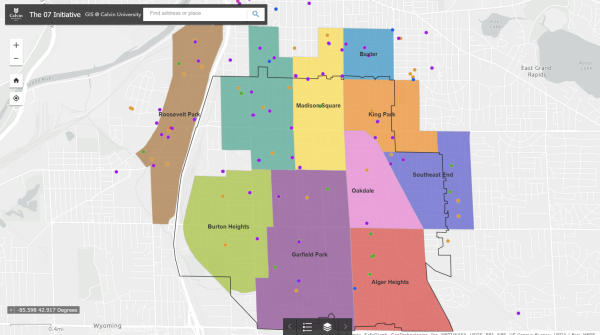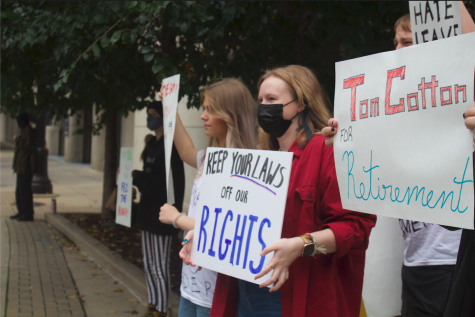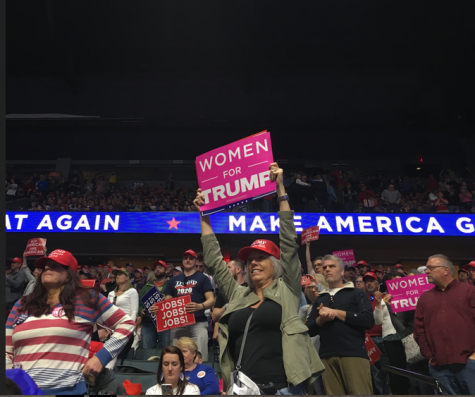Black Business Association starts in Grand Rapids
A few years ago, Jamiel Robinson — the founder and president of Grand Rapids Area Black Businesses (GRABB), a Grand Rapids native, and established businessman — noticed something that struck him. Amidst the economic boom in Grand Rapids over the past five years, blacks were continually left out of the revitalization.
As a response, he launched GRABB in 2012, an organization that seeks to connect black business owners with a customer base and financial tools for success.
“Our goal is to overcome the systemic and institutional challenges that exist, especially when it comes to the financial sector. Without money, you can’t grow,” Robinson explained. “Some business owners don’t know how to access capital. Some of it is that black businesses fail at a higher rate than others, so there is a higher risk for financial institutions.”
In the past year, some of the biggest goals for GRABB have been educating small business owners and helping them obtain financial capital.
Robinson argues that building a solid customer base is the first step to helping small businesses succeed and maintain self-sufficiency.
“Helping businesses market themselves circumvents the need to seek a lot of capital and to have a solid customer base,” he said.
The organization has arranged many events and initiatives to make this goal a reality. Earlier this year, GRABB held an initiative called #30days30dollars, which encouraged the community to increase spending at locally-owned black businesses.
Coming up in November, a week before Black Friday, is the second annual Black Market. This two-day event features black businesses who open up a pop-up storefront from which home-based business owners can increase visibility of items and business opportunities.
“A lot of businesses are home-based. We are trying to give home-based businesses the things they need in order to transition to a store front. The first step is to make sure you have a customer base to move into a storefront,” Robinson said.
While society has made large strides towards racial business equality, disparities between white and black businesses still exist. The urban renewal occurring in Grand Rapids, which has caused a revitalization of streets like Wealthy and Cherry, brings up issues of race, as well as the role of indigenous residents in the new neighborhood landscape.
“Private entities are looking to come back into the community, but excluding the indigenous community. My idea is that if dollars are coming back into an area, the indigenous population who have lived through such tumultuous times should benefit economically as well as socially,” Robinson explained.
“There are people who are working to make sure the areas are economically and racially diverse. It’s about having conversations and coming together, making sure everyone is as included as possible,” he said. “Grand Rapids can be a world-class city, but it can’t be if it excludes a decent size of its population.”
A directory of the local black small businesses can be found at the Grand Rapids Area Black Businesses Facebook page, with contact information for all of the businesses.







